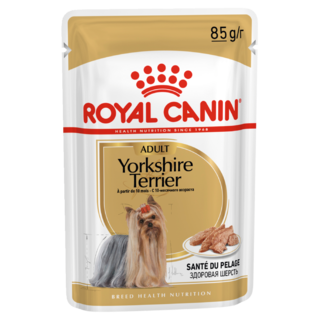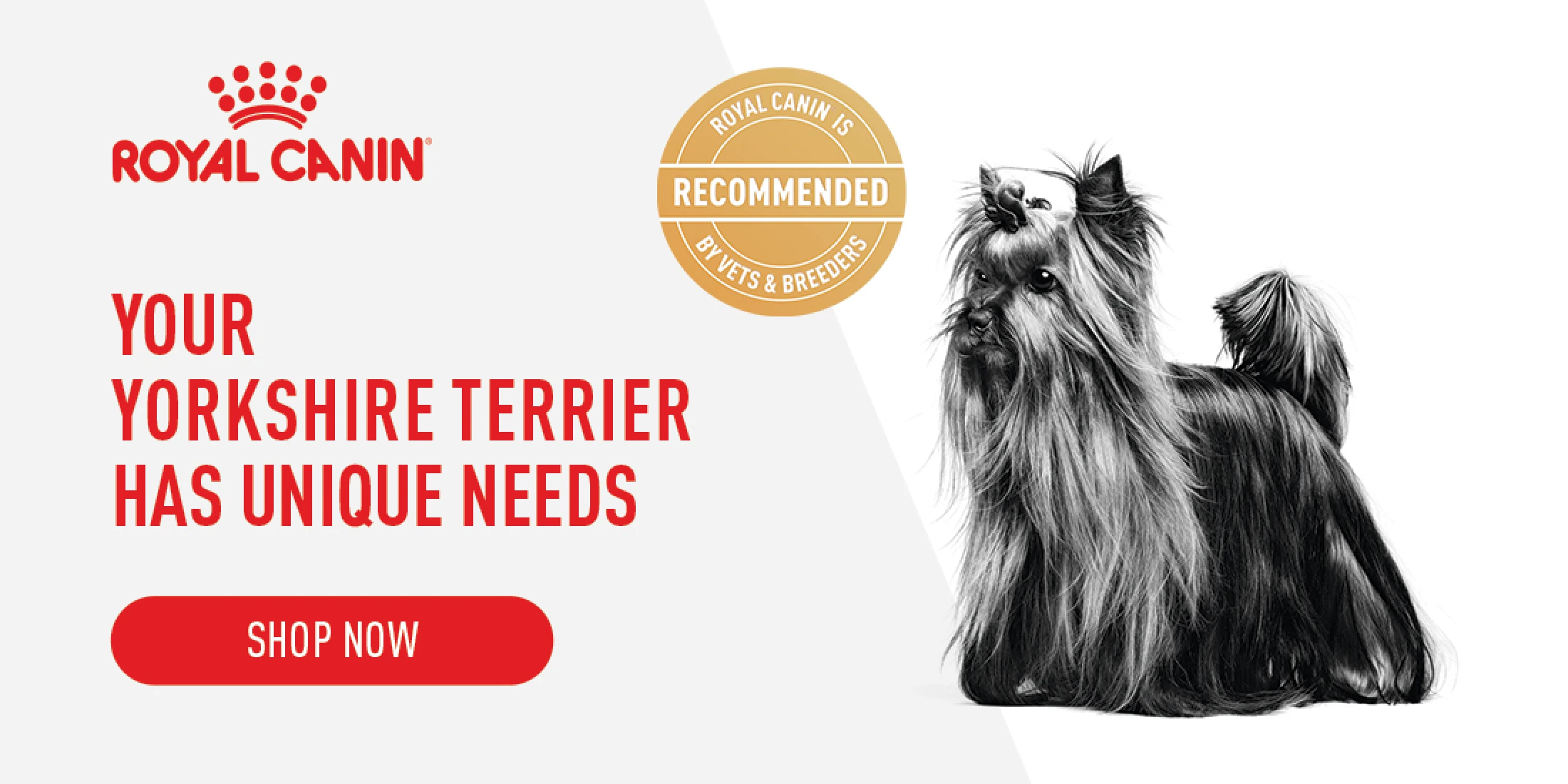Dog Breed
Yorkshire Terrier
Freindliness
Exercise Needs
Health Issues
Barking Tendencies
Grooming Needs
Shedding Level
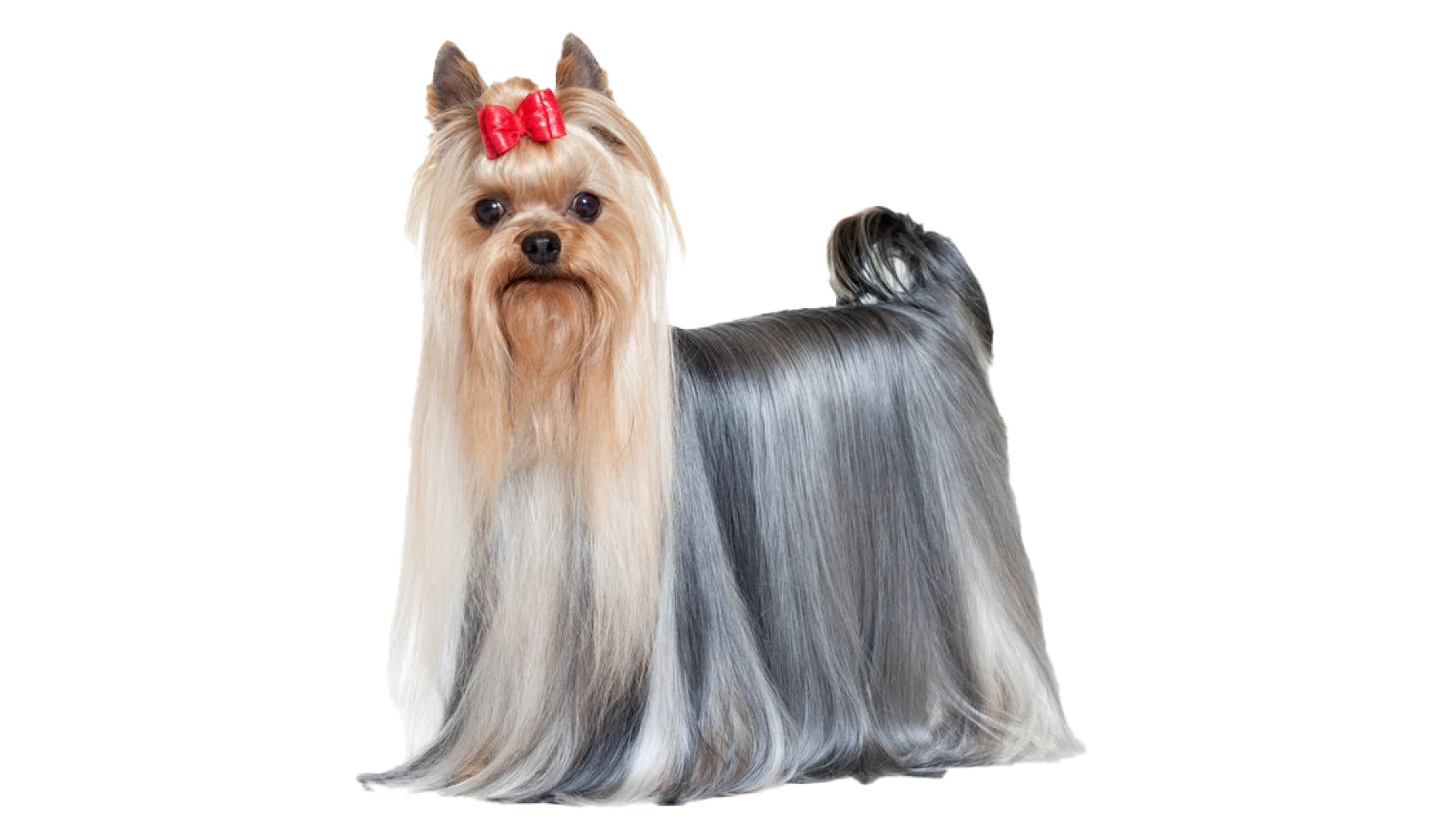

Playful pal
Yorkshire Terriers are brave, feisty pups who tackle the world with their signature sass. They're also affectionate and friendly and provide years of love, laughter and friendship - as long as they've been properly socialised and trained as puppies, that is.
Like most small dogs, Yorkshire Terriers aren't aware of their tiny size. This means their personalities can be super sized, including their confidence. An untrained Yorkie will try to rule the roost, often resulting in unwanted yapping.
Caring for your Yorkshire Terrier
Nutrition
Choosing the right food
Every dog is unique. From the small, flat-faced Pug to the obesity-prone Labrador Retriever. ROYAL CANIN® Breed Health Nutrition is tailor-made to address the unique needs of pure breed dogs. These breed specific formulas benefit from the latest ROYAL CANIN® research on the selection of the best protein sources, unique nutrients and tailor-made kibbles.
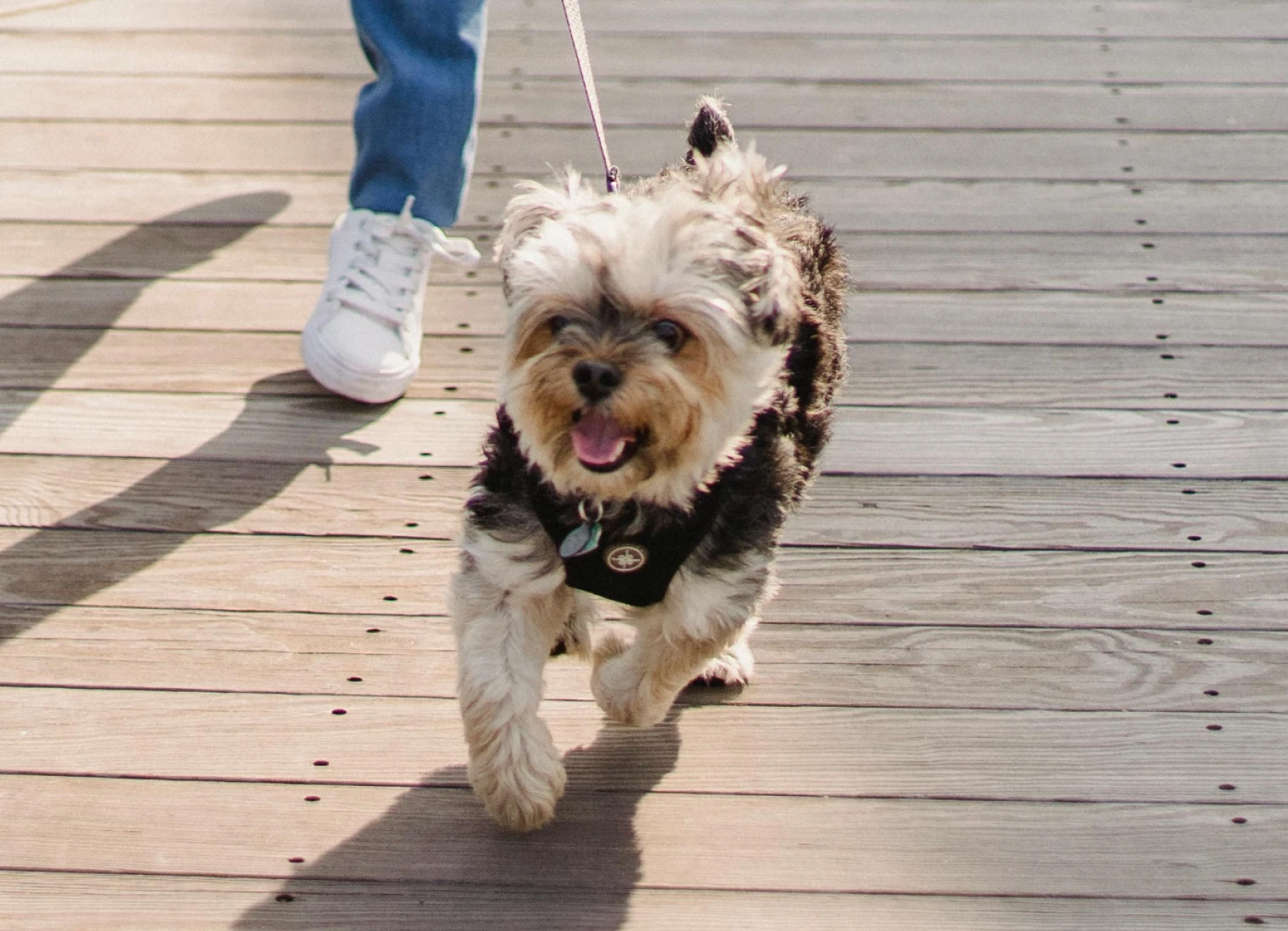
Exercising your dog
Even though they’re small, they still need daily exercise to stay physically and mentally healthy.
Two 15-minute walks a day will get them exploring (and smelling) their world and burning off their energy.
Because of a Yorkshire Terrier’s risk of tracheal collapse (more on that below), it’s best to walk them with a harness, rather than a lead that attaches to their collar. With their short legs, a Yorkie isn’t going to be pounding the pavement. Expect somewhat slow walkies together - think of them as an opportunity to (literally) stop and smell the roses.
Be patient and avoid picking them up where possible. They need daily exercise.
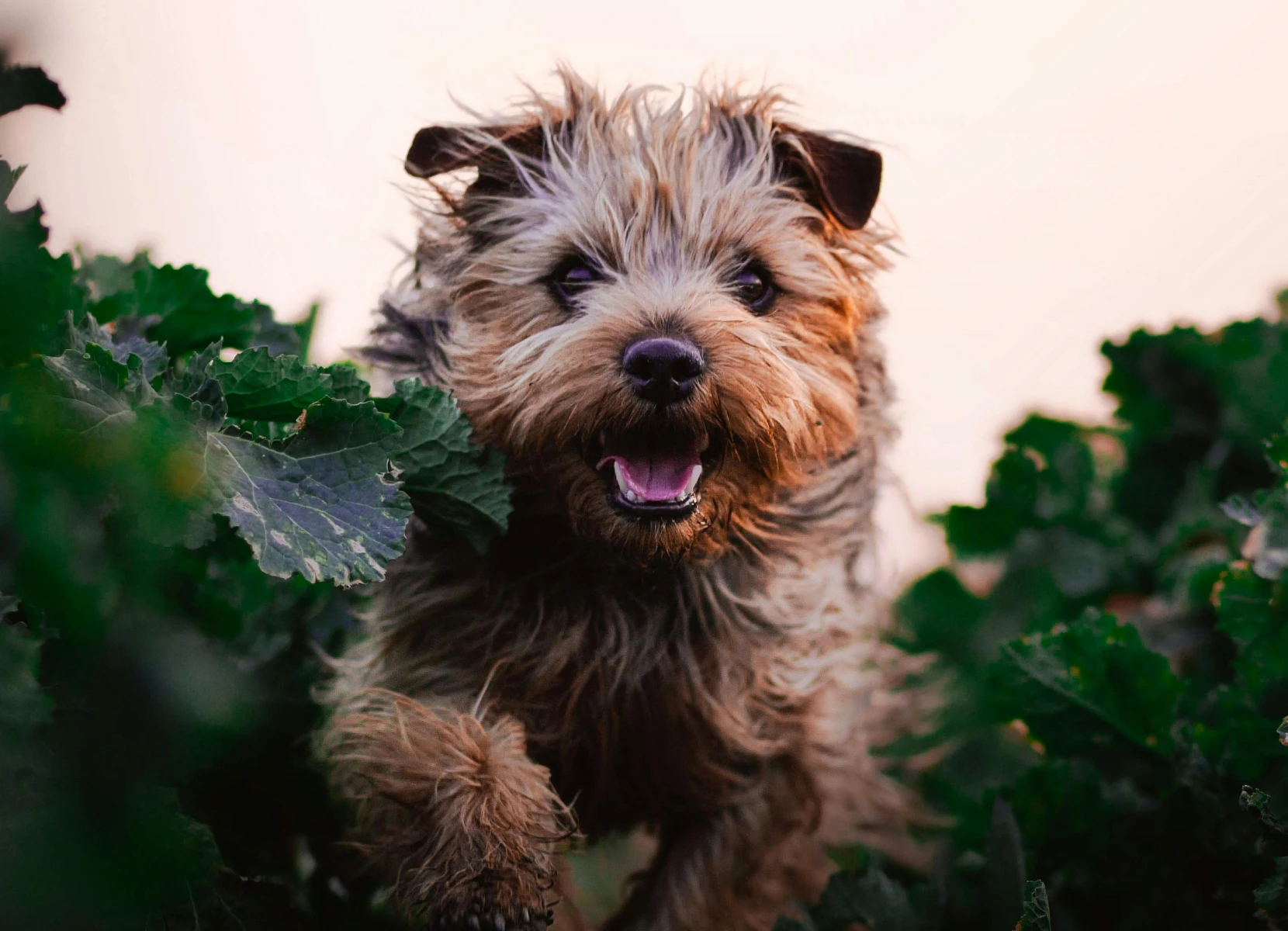
Training your Yorkshire Terrier
Yorkshire Terriers respond well to praise, treats and play time for good behaviour and will happily, and quickly, master the basics.
Once they’ve nailed sit, stay and come, you can move onto the more fun tricks, like shake, roll over and even dancing on their hind legs. These outgoing dogs thrive on the attention their showstopping tricks bring.
Starting from puppyhood, you should socialise your Yorkie so they can get comfortable with a range of new experiences, situations, humans and dogs.
Socialisation can be handled in a safe, positive, calm way, is a great way to go.
With their high barking tendencies, training them to curb excessive barking is worth it.
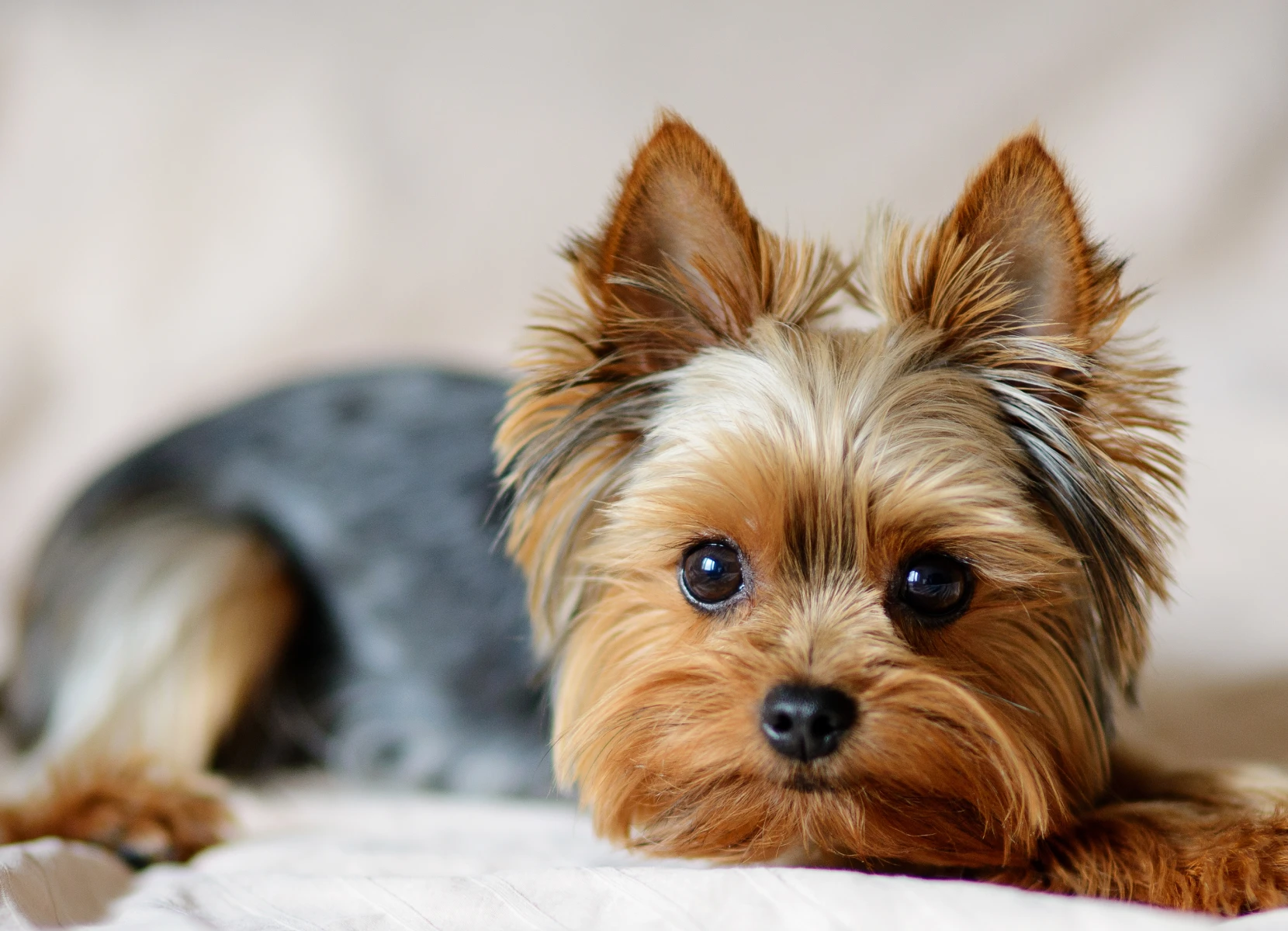
Your dog's health
By recognising health problems in a Yorkshire Terrier early you can seek advice and treatment from a veterinarian.
Reduce the risk of health problems by purchasing a puppy from a responsible breeder. Always inspect breeding facilities and breeding dogs, and never buy from a distant online seller.
Health Issues to watch out for:
Collapsed Trachea
Low Blood Sugar
Joint Problems
Eye Issues
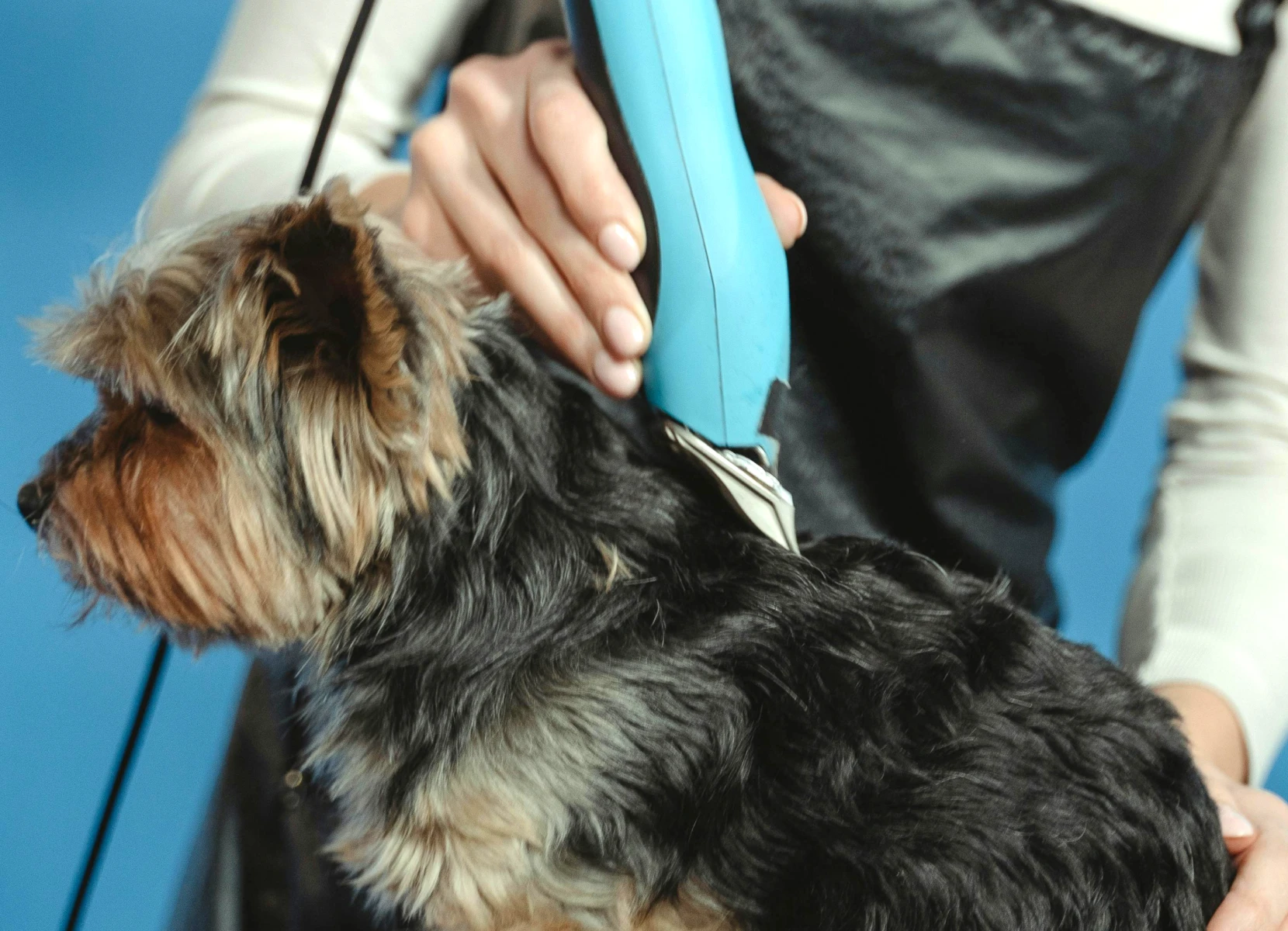
Grooming your dog
A Yorkie’s coat is very like human hair. Fine and delicate, it needs to be cared for like you would your own. Whatever length their coat is, brush it every day to avoid knots and tangles and to get rid of any mud or dirt.
You’ll also need to bath them weekly so stock up on shampoo and especially conditioner. Make sure that the hair above their eyes doesn’t grow too long and begin to irritate their eyes. Either trim it short or clip it up.
Bath time is a great time to check their ears for any wax or debris build up and signs of infection - redness, irritation, oozing, a weird smell. Gentle ear cleaning wipes are a quick and easy way to keep their ears clean and healthy. They’ll need their nails clipped occasionally too
Finally, brush their teeth everyday.
Key characteristics of Yorkshire Terriers
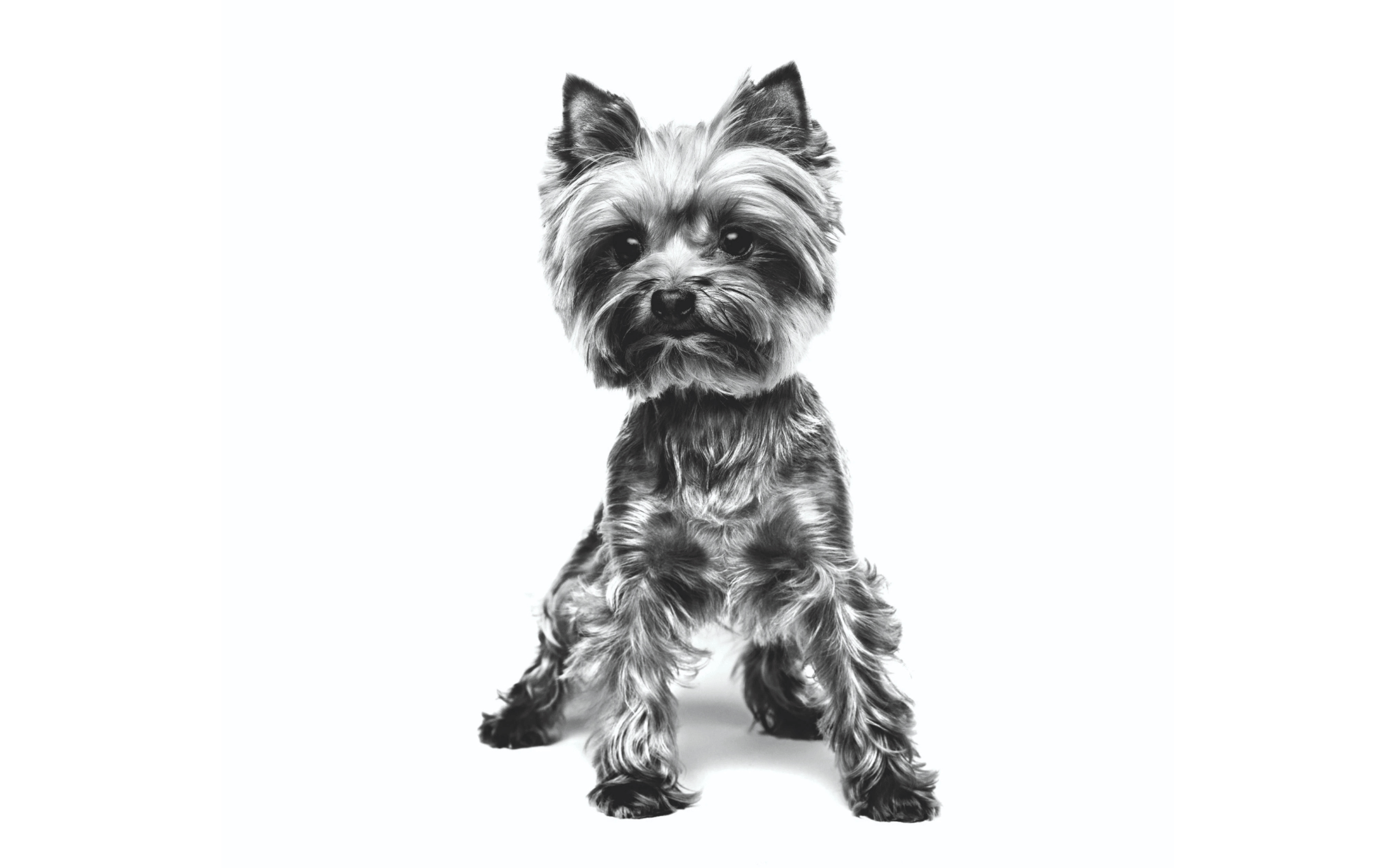
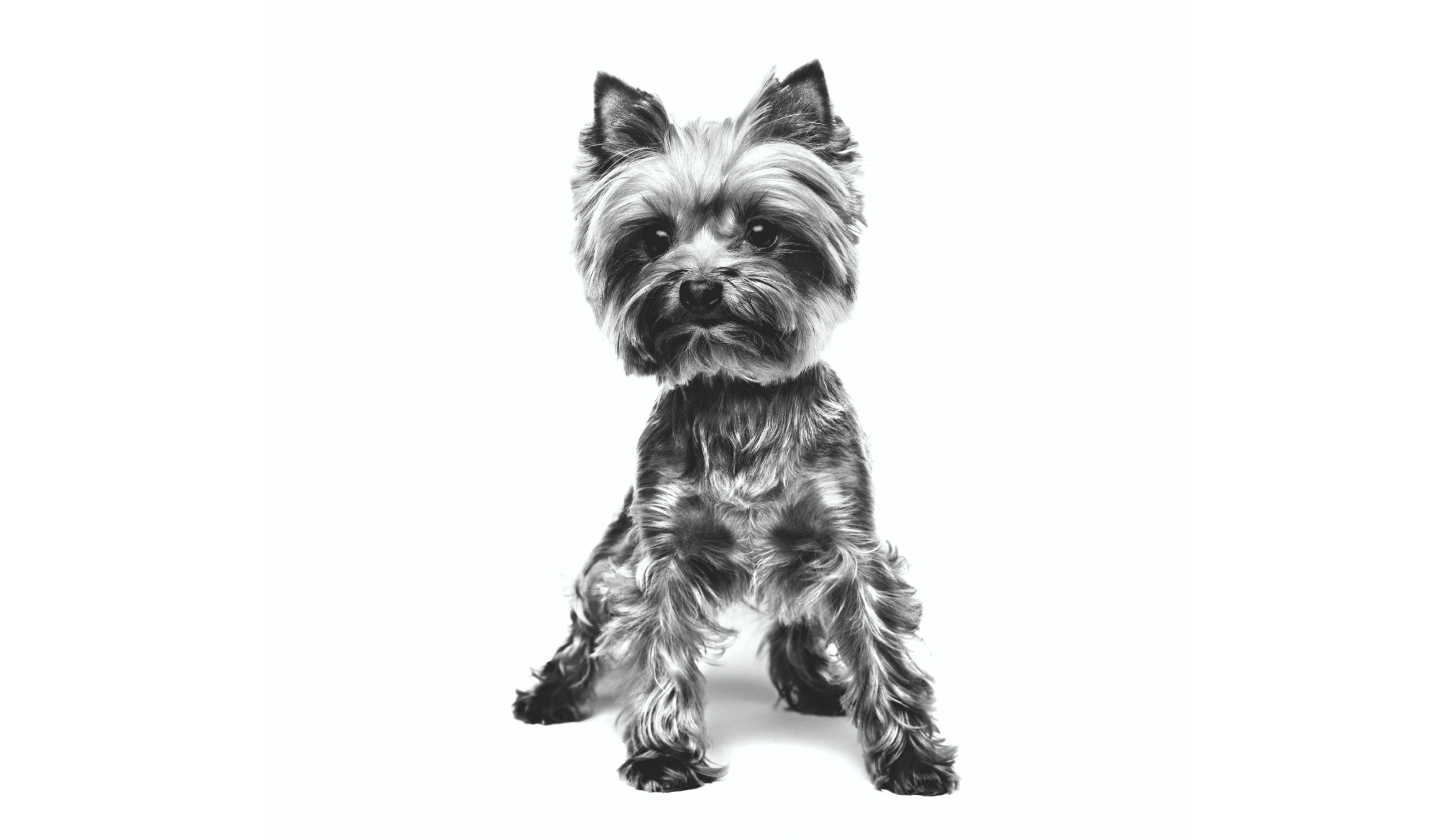
Yorkshire Terrier FAQs
Yorkshire Terriers are known for their big personalities and beautiful coats, but there’s more to this little breed than meets the eye. Below are some of the most frequently asked questions from current and prospective Yorkie owners, covering topics not already explored in the main breed guide.
Are Yorkshire Terriers hypoallergenic?
Yes, Yorkshire Terriers are often considered hypoallergenic. Their long, silky coat sheds very little and produces less dander than many other breeds, making them a suitable option for allergy-sensitive households.
Can Yorkshire Terriers live with other dogs or pets?
Yorkies can live happily with other pets when properly socialised from a young age. Their bold nature can make them a bit bossy, so careful introductions and ongoing training are important for harmony.
Do Yorkshire Terriers get cold easily?
Yes, Yorkies are sensitive to cold due to their small size and fine coat. In cooler weather, they may need a dog jumper or jacket to stay comfortable on walks and when indoors without heating.
Most Yorkies need a full groom every 4 to 6 weeks, depending on the length of their coat and your preferred style. In between, regular brushing and face trims help keep them tidy and comfortable.
Are Yorkshire Terriers good for apartment living?
Absolutely. Yorkies are compact, adaptable, and full of personality. They do well in apartments, especially with daily walks and mental stimulation to keep them from becoming bored or vocal.
These extra FAQs help round out what to expect when living with a Yorkshire Terrier. With their bold charm, elegant coat, and affectionate nature, Yorkies make excellent companions for many households — especially those ready to give them the attention and care they thrive on.

